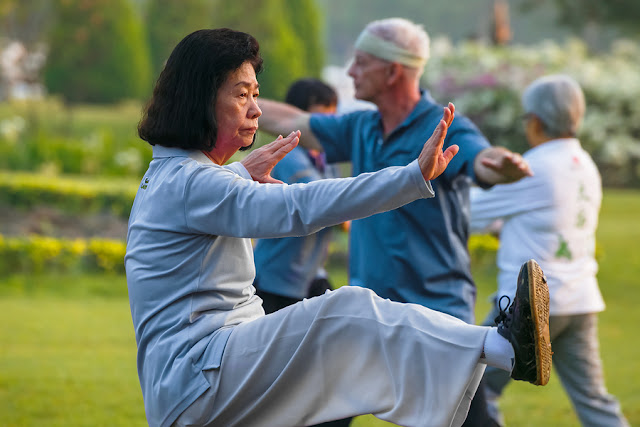When it comes to brain health, being mindful during our daily activities has many positive benefits. On an average day, our brains can be bogged down with to-do lists, family, career, and all the other things that compete for our time and take up space in our mind.
We can add to this the fact that many people spend a lot of time sitting in front of their computer, with multiple browser windows open, and their cell phone right by their side waiting for text messages.
With our brains being consumed with processing too much information, we often don’t take the time to be mindful of the basics of our body. Taking some quiet time to be mindful of our breathing can have a positive impact on the brain that goes beyond simple stress management.
The process itself doesn’t need to take a great deal of time out of each day. It could be as short as two minutes, five, 10, or 20 minutes at the maximum for beginners. A simple breathing exercise is a good place to start.
All you need to do is find a consistent time at some point in your day where you sit in a quiet place away from phones, browsers, kids, pets and all of your usual distractions, and simply listen to your breathing. Try to be mindful of your breathing. Feel the air coming in through your nose – how does it feel? Is it cold? Usually, it’s a little bit cooler coming in and a little bit warmer going out.
Let your breath out through your mouth. Be mindful of your lungs inflating. Where do they inflate? Is it the chest? Is it near the level of the stomach? We should be inflating at the stomach first and then the chest last (diaphragmatic breathing). Ahhh, feel better?
There is significant evidence that being mindful and taking your attention away from the distractions of the day and putting them on body processes like heart rate and breathing can be incredibly powerful. Shutting the brain down for a short amount of time helps it to heal and learn more efficiently. It’s about more than just sitting and listening to your breath. It’s about healing and pushing your brain in a positive direction.
Contributor: Dr. Michael Trayford is a Board-Certified Chiropractic Neurologist and Founder of APEX Brain Centers in Asheville, NC.
The opinions expressed by contributing authors are not necessarily the opinions of the Dementia Society, Inc. We do not endorse or guarantee products, comments, suggestions, links, or other forms of the content contained within blog posts that have been provided to us with permission, or otherwise. Dementia Society does not provide medical advice. Please consult your doctor.










